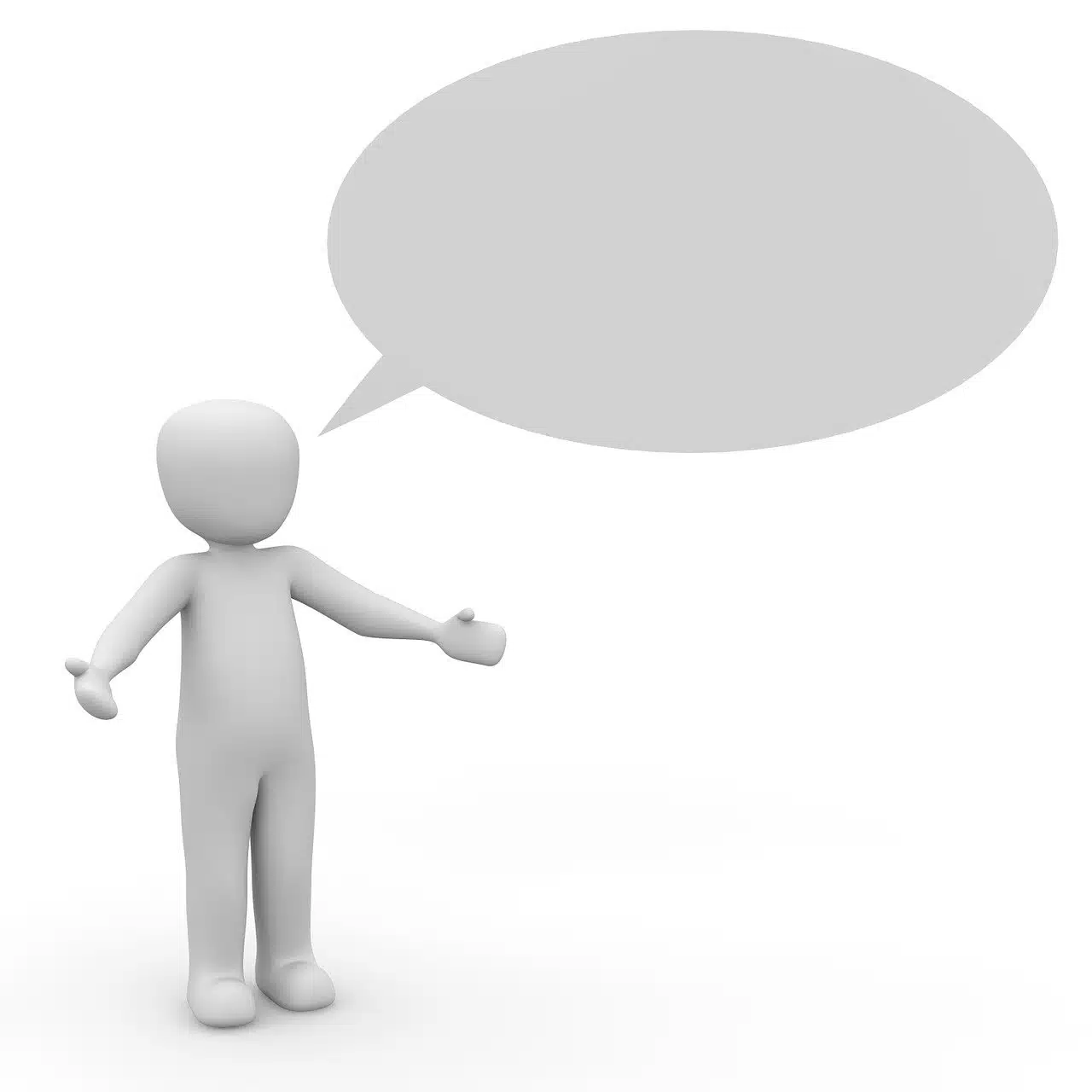
Speech therapy allows phonation problems to be treated.
Speech therapy , known in Latin America as phonoaudiology , is the set of methods for teaching normal speech to those who have pronunciation difficulties .
It is the science that evaluates, diagnoses and treats language, voice and swallowing problems. Its purpose is the prevention, diagnosis, prognosis, treatment and comprehensive evaluation of human communication disorders, whether they belong to the field of speech or language .
Speech therapy even takes care of orofacial problems , through myofunctional therapy. In some countries , there is the figure of the hearing and language teacher , a professional who can be confused with the speech therapist when carrying out similar work within the educational framework.
From the moment we are born, the development of the stage called prelinguistics begins, that is, the stage that covers everything that occurs before learning to speak. Throughout the first year of life we receive a large volume of linguistic stimuli that little by little we internalize, through processes that help us filter the relevant sounds, those that are part of the language spoken by our tutors.
Disorders that can be treated with speech therapy
Speech therapy, for example, can be responsible for the treatment of aphasia , which is the loss or disorder of the ability to speak due to damage to the language areas of the cerebral cortex. This dysfunction makes it impossible or diminishes the ability to communicate through oral language, writing or signs .
Dysphasia , a language abnormality believed to be caused by a brain injury, can also be treated by a speech therapist. Dysphasia is usually called specific language disorder ( SLI ) or specific developmental language disorder ( SLDD ) and is defined by exclusion, since it names the onset or delayed development of language that cannot be attributed to a sensory deficit, mental deficiency, psychopathological disorder, socio-affective deprivation or obvious brain injury.

Thanks to speech therapy, various communication disorders can be resolved.
The performance of professionals
As with professionals in other fields, speech therapists can carry out their activity individually or in groups, forming teams made up of people from different fields. Furthermore, this can take place in the private or public sector, good news for people who cannot afford to pay social security contributions every month but need the help of these specialists.
In more precise terms, we can find speech therapy professionals in the health, educational and socio-care fields, among others. The first is the broadest, since it covers the following spaces: health centers, hospitals, hearing prosthesis centers, intensive care units, day hospitals, comatose units and early care centers.
It is correct to state that the speech therapist offers clinical services, since they consist of preventing, planning, assessing, documenting and treating specific cases, offering advice and collaboration with other professionals from complementary fields to integrate various techniques into the processes .
Speech therapy in pedagogy and the media
With respect to the educational field, speech therapy can be part of psychopedagogy teams in schools of all levels and universities, both public and private, to offer advice to teachers and students. It is important to highlight that the problems that these professionals address are not exclusive to children, but can arise in people of all ages, for various reasons; so much so that they even operate in some nursing homes.
Two other areas in which speech therapy also appears, although less frequently, are the media, in programs of general interest where they provide advisory services to the audience, and penitentiary institutions, as part of the assistance that prisoners must receive. people while they are serving their sentences.
